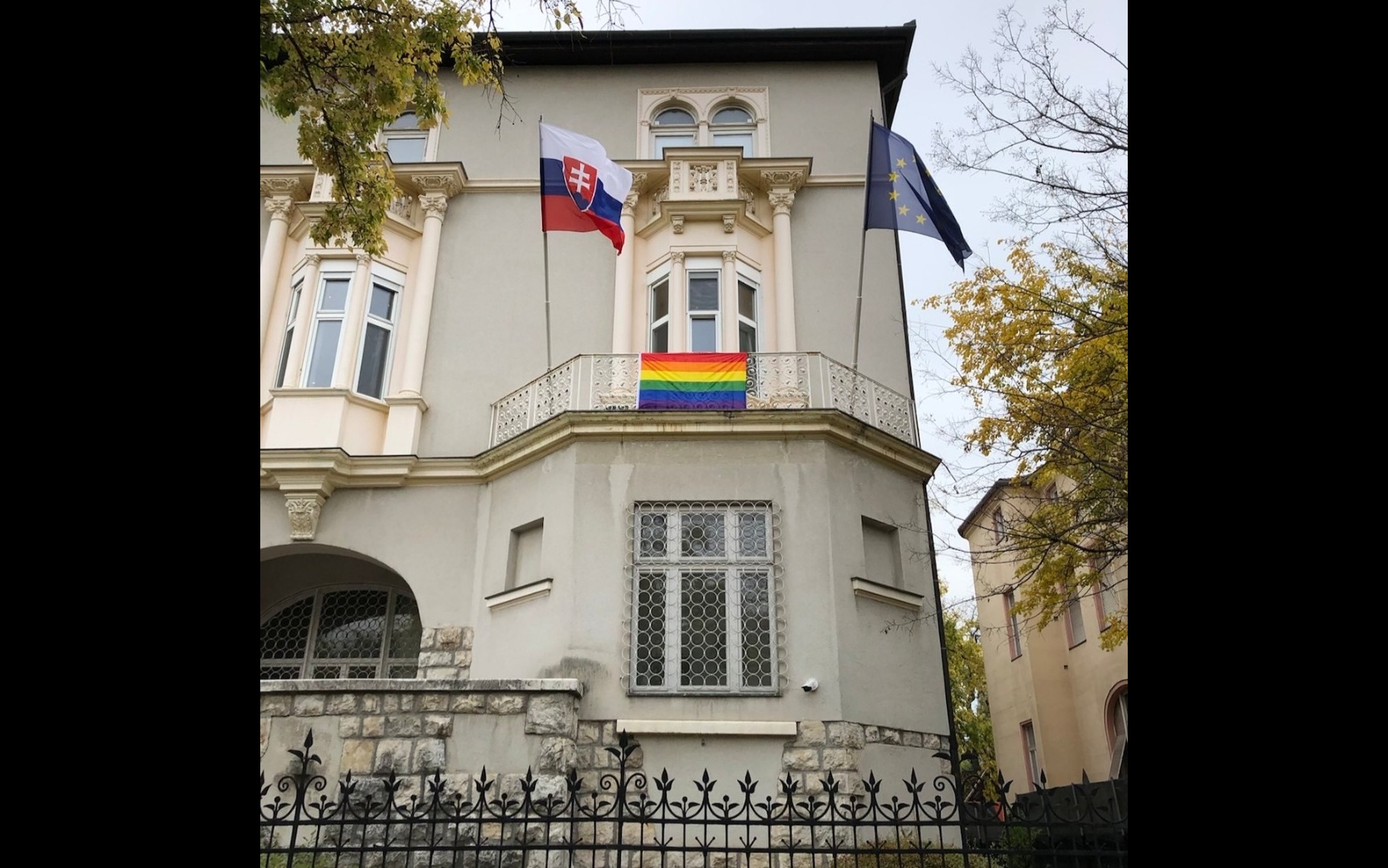
While diplomats overstepping their competences is becoming a rule, occasionally they do get a reminder from home.Continue reading
In the international arena, Hungary and the Hungarian government have been branded as homophobic and anti-LGBTQ. However, what institutions and EU countries denounce in view of the allegedly precarious situation of LGBTQ people, in reality seems to be only hostility without evidence.
On July 15th the 28th Pride March took place in Budapest. According to the organizers, more than 35,000 people took part, but the majority did not come from Hungary, many participants came from many different countries from Italy and Ireland to Lebanon and Kenya. Certain embassies in Budapest and various organizations also took part.
As we have reported, 38 embassies and foreign institutions released a joint statement to coincide with the Pride march. Ironically, in the statement they emphasize the LGBTQ community’s right “to freedom of expression, freedom of assembly and non-violence” as they stroll the streets of Budapest by the thousands.
“We are concerned with legislation and political rhetoric, including in Hungary, that is in tension with principles of non-discrimination, international human rights law and human dignity, and contributes to stigmatization of the LGBTQI+ community”.
But what about freedom of expression, freedom of assembly and non-violence in the LGBTQ community at home in Germany?
After the Pride Parade, the Christopher Street Day in Hannover 2023, more and more anti-queer and other attacks became known. The “Hannoversche Allgemeine Zeitung” (HAZ) reported of “events in the mid double-digit range”, with physical injuries, insults and theft. In another case, a minor was reportedly raped.
Also in Frankfurt, police reported an incident in which a patrol car that police were driving in as part of the parade was attacked by several demonstrators who tried to tear down rainbow flags attached to the vehicle.
Meanwhile, the only known attack at the Pride march in Budapest was a network attack on the organizer’s website leading up to the march. Physical assaults – none.
If you look at the statistics on anti-LGBTQ crimes and acts of violence, there is also a clear difference. Statistics from the German Federal Ministry of the Interior on politically motivated violent crimes in 2022 show that the number of registered crimes against LGBTQ people has risen sharply.
The statistics show that
in 2022, 1,005 criminal offenses (of which 227 were violent) were registered in Germany in connection with the sub-theme “sexual orientation”. This corresponds to an increase of 15.52% compared to the previous year, when there were still 870 offenses.
In the “gender diversity” sub-theme, 417 criminal offenses (including 82 violent crimes) were recorded. However, the number of unreported cases is estimated at 80 to 90 percent.
In contrast, no such statistics are found for Hungary. Not even LGBTQ rights organizations can report such an increase in crime.
In view of this, it is rather surprising that the embassies in Budapest are pointing the finger at Hungary instead of dealing with the successes of the peaceful coexistence of the majority population with the sexual minorities in the country and, at the same time, taking care of the diplomatic tasks actually assigned to them.
Featured Photo: German Embassy Budapest